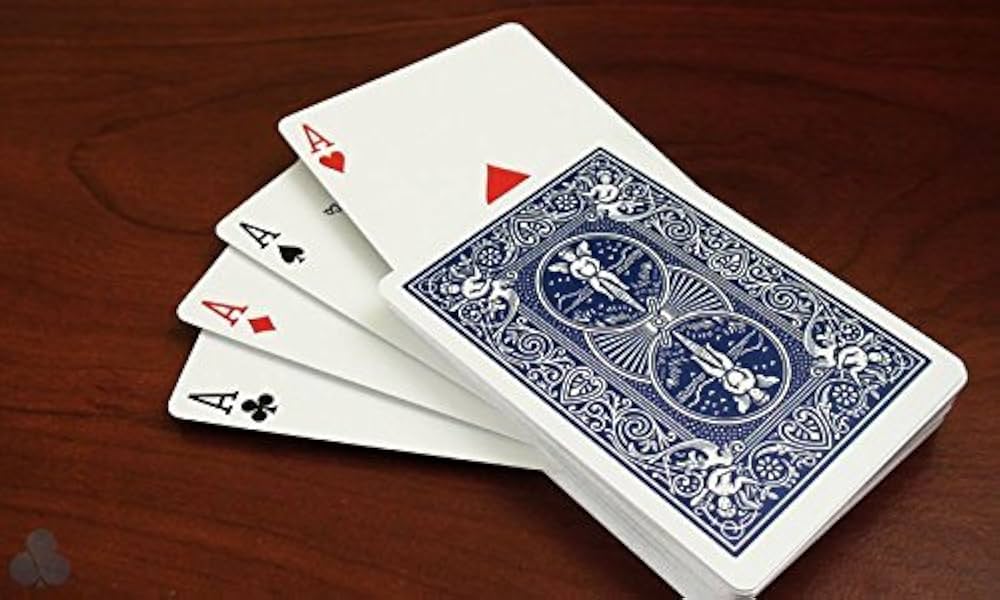Kids of all ages enjoy playing card games, which offer both entertainment and valuable learning opportunities. The simplest card games often prove to be the most engaging for young children. Games like “Go Fish” and “Old Maid” teach kids about matching and taking turns. These games use basic rules that children can easily understand and remember. They also help develop patience and social skills as kids learn to interact with other players. luxury12 kogin offers various card game options that cater specifically to different age groups, ensuring children stay engaged while learning.
Memory and concentration games
Memory-based card games are excellent for developing concentration and recall abilities. In these games, cards are laid face down, and players take turns flipping them over to find matching pairs. This type of game helps improve short-term memory and visual recognition skills. Additionally, it teaches children to pay attention to details and remember card positions, which can benefit their overall learning capabilities.
Strategy and number skills
As children grow older, they can graduate to games that involve more strategic thinking.
- Basic math skills through counting cards and calculating points
- Strategic planning by thinking several moves ahead
- Problem-solving abilities when faced with challenging situations
- Decision-making skills when choosing which cards to play
Educational benefits of card games
Card games offer numerous benefits for childhood development. They naturally incorporate learning elements while maintaining an atmosphere of fun. luxury777 login recognizes that when children engage in card games, they’re simultaneously developing:
- Social skills through player interaction
- Mathematical abilities through scoring and counting
- Critical thinking through strategic gameplay
- Communication skills through game discussions
- Following rules and understanding fair play
Durability considerations
When selecting card games for children, it’s essential to choose ones with appropriate materials.

- Sized appropriately for small hands
- Free from sharp edges or harmful materials
- Easy to clean and maintain
- Designed with clear, visible images
Making card games more exciting
To keep children engaged, try incorporating these elements into card game sessions:
- Regular short breaks to maintain attention
- Positive reinforcement for good sportsmanship
- Gentle guidance rather than strict competition
- Rotating different games to maintain interest
- Adapting rules for different skill levels
Role of technology
While traditional card games remain popular, Luxury12 Kogin has observed that digital versions can complement physical card games. Digital adaptations can:
- Introduce new variations of classic games
- Provide interactive tutorials for learning rules
- Allow for solo play when friends aren’t available
- Track progress and achievements
- Offer additional educational content
Age-appropriate selection
Choosing the right card game for different age groups is crucial for maintaining interest and ensuring appropriate challenge levels.
- Simple matching games for preschoolers
- Basic number games for early elementary
- Strategy games for older children
- Team-based games for mixed-age groups
- Educational content suitable for specific grade levels
Creating lasting memories
Card games can become cherished family traditions and create lasting memories. They provide opportunities for:
- Quality family time
- Building relationships with siblings
- Learning important life lessons
- Developing healthy competition skills
- Creating fun holiday traditions
Card games remain a valuable tool for children’s entertainment and development. They offer a perfect blend of fun and learning, making them an excellent choice for parents and educators alike. By choosing appropriate games and creating an encouraging environment, we can help children develop important life skills while having fun whether traditional or modern, card games continue to be an essential part of childhood entertainment and education.


